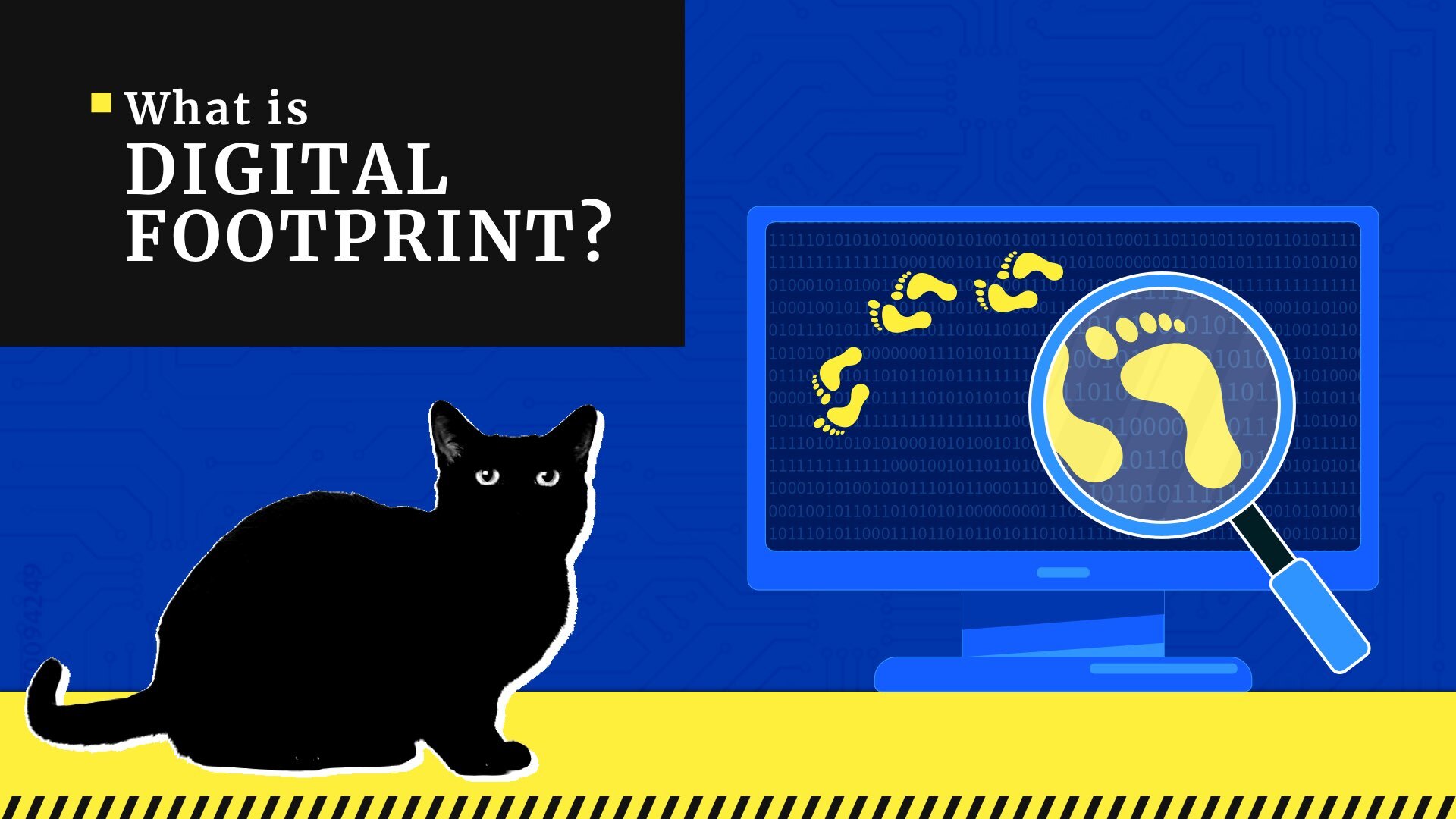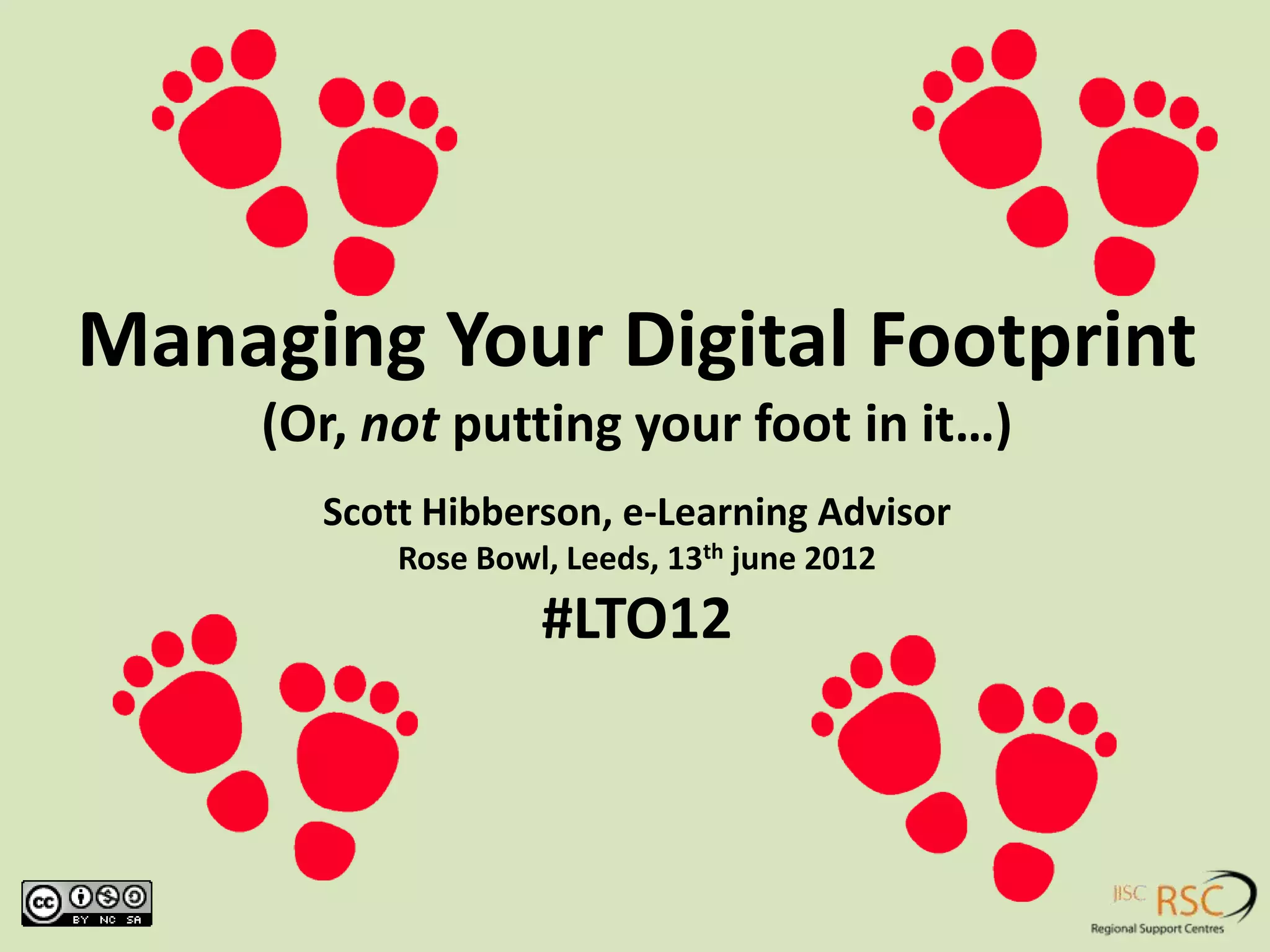
TikTok's Sunday Ban: Unraveling the Complexities of Your Digital Footprint
Introduction
In a world increasingly dominated by digital technologies, the consequences of our online footprint have become a topic of growing concern. The recent ban on TikTok in India on Sundays has brought this issue into sharp focus, highlighting the complexities of our digital lives and the potential implications for our privacy and freedom of expression.
Exploring the Ban: An Overview
The Sunday ban on TikTok in India, implemented in April 2019, has sparked widespread debate. The Indian government justified the ban as a measure to protect children from the platform's potentially harmful content, such as cyberbullying and sexual exploitation. However, critics of the ban argue that it represents an infringement on free speech and hampers the digital rights of users.
Impact on Users
The ban has had a significant impact on TikTok's user base in India. With an estimated 200 million active users, the platform served as a major source of entertainment, creativity, and social connection. The ban has not only deprived users of access to their favorite platform but has also raised concerns about the erosion of their digital freedoms.
Broader Implications
The TikTok ban in India is not an isolated incident. It reflects a growing trend of governments worldwide taking action to regulate social media platforms. Such measures raise important questions about the balance between online security and individual rights. As governments grapple with the challenges of regulating social media, it is crucial to find solutions that adequately protect children and other vulnerable users without stifling innovation and free expression.
Analyzing the Sunday Ban: Perspectives and Data Points
The TikTok ban in India has elicited diverse reactions from various stakeholders.
Government Perspective
The Indian government maintains that the ban is necessary to safeguard the well-being of children. They argue that TikTok's content guidelines were inadequate to control the spread of harmful material, exposing young users to potential risks.
Industry Perspective
The ban has drawn criticism from the tech industry. TikTok has argued that it has taken significant steps to address concerns about child safety. The company has implemented age verification measures, removed inappropriate content, and partnered with child protection organizations.
User Perspective
Many TikTok users in India have expressed disappointment and frustration over the ban. They view it as an infringement on their right to access a platform that has become an integral part of their lives.
Data Points
Real-Life Examples: Impact on Individuals and Society
The TikTok ban in India has had real-life consequences for individuals and society.
Numerous content creators on TikTok have lost a valuable platform to showcase their talents and build their digital presence. Many had monetized their accounts, earning income from brand partnerships and other revenue streams. The ban has disrupted their livelihoods and left them searching for alternative platforms.
TikTok provided a space for people from different backgrounds to connect, share ideas, and form communities. The ban has disrupted these social connections, leaving many users feeling isolated and disconnected.
TikTok was also used by educators to create engaging and informative content. The ban has deprived students of access to valuable educational resources and creative tools.
Conclusion: Reflections and Implications
The TikTok ban in India underscores the complexities of managing the digital footprint in today's rapidly evolving technological landscape. It has raised important questions about the role of governments in regulating social media, the balance between online safety and individual rights, and the impact of such measures on our digital lives.
As we move forward, it is imperative for governments, tech companies, and individuals to work together to find solutions that protect children and foster a safe and thriving digital environment. This includes:
The TikTok ban in India is a reminder that our digital footprint is not just a matter of preserving our online history but also of safeguarding our fundamental rights and freedoms. It is a call for thoughtful and responsible decision-making to ensure that our digital experiences remain both engaging and empowering.
